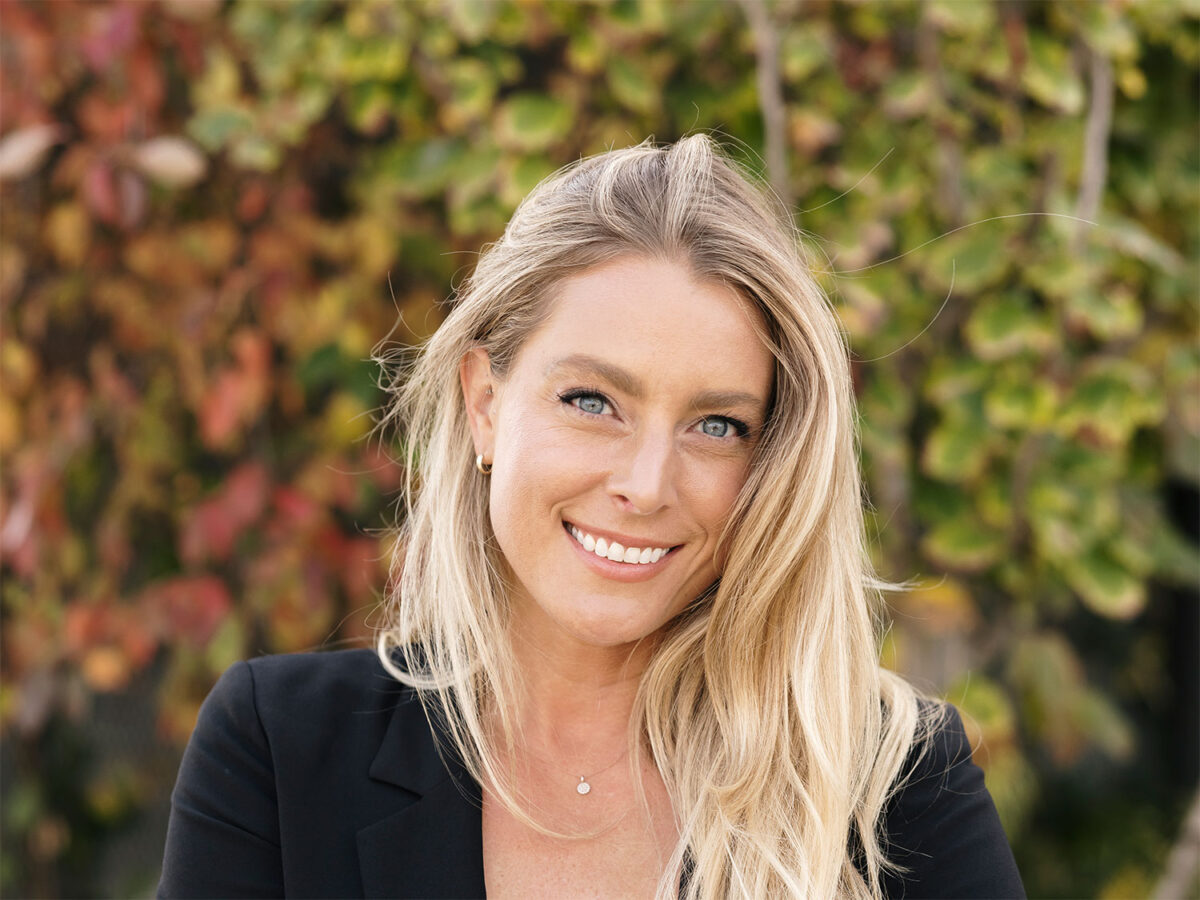During this unique holiday season, the Courier is reaching out to prominent community leaders of different faiths for words of inspiration. We begin the series with Steve Leder, Senior Rabbi of Wilshire Boulevard Temple. His Shabbat message from Nov. 20 on the theme of Thanksgiving and happiness is adapted here.
Please do not wish me a happy Thanksgiving holiday. First of all, no Jew should ever wish another Jew a happy anything because happiness does not make us happy. As I often like to say, “A sad Jew is a happy Jew.” There are plenty more jokes about Jews and happiness. Like the Jewish pessimist who says, “Things couldn’t be worse.” To which the Jewish optimist replies, “Of course they could!” And my all-time favorite about the waiter who approaches a table of four Jews out for dinner and asks, “Excuse me folks. Is anything all right?”
This year my Jewish proclivity for the sad and the dark seems pretty well-founded. Particularly now, we know all too well that terrible things can happen at any given moment to us, to people we know, and the entire world. But the pandemic is only part of the reason we should not wish each other a happy Thanksgiving. The other part is that people actually have no idea what really makes them happy.
“Forget Yoga. Forget liposuction. And forget those herbal supplements that promise to improve your memory, enhance your mood, shed pounds, restore your hairline, prolong your lovemaking and improve your memory,” said renowned Harvard psychologist Daniel Gilbert in his book “Stumbling on Happiness.” If you want to be happy and healthy, you should try a new technique that has the power to transform the grumpy, underpaid chump you are now into the deeply fulfilled, enlightened individual you’ve always hoped to be. If you don’t believe me, then consider the testimony of some folk who’ve tried it:
“I am so much better off physically, financially, mentally, and in almost every other way,” said JW from Texas.
“It was a glorious experience,” said MB from Louisiana.
“I didn’t appreciate others nearly as much as I do now,” remarked CR from California.
Who are these satisfied customers and what is the miraculous technique they are all talking about? Jim Wright, former Speaker of the House, made his remark after committing sixty-nine ethics violations and being forced to resign in disgrace. Moreese Bickham, a former inmate made his remark upon being released from the State Penitentiary after false conviction and thirty-seven years. And the late Christopher Reeve, the dashing star of Superman made his remark after an equestrian accident left him paralyzed from the neck down and unable to breathe without a ventilator. The moral of the story?” asks Harvard Psychologist Gilbert, “If you want to be happy try public humiliation, unjust incarceration, or quadriplegia.”
Not only do we have no idea what will ultimately make us happy, but we also have no idea just how happy we already are. I have been a rabbi for 33 years and listened to so many suffering people throughout those years and we have wept over many sorrows. But believe me, if I asked each of you reading this message to pack your troubles in a suitcase, then we put all that luggage in the parking lot at Dodger Stadium, and then took a masked, socially distanced week to go through each other’s troubles, nearly all of us would gladly take our own baggage back home with us. Despite what popular culture would have us believe, no one has it better than us, no matter who that someone is.
Consider the studies following lottery winners discovering that although they experience a temporary upswing in happiness when they hold the winning ticket and cash in, virtually all of them are back to their old selves emotionally, as happy or as unhappy as ever, within one year. The same is true for cosmetic surgery–some people need it some people don’t, but nearly everyone reports that after a year, they are no happier or unhappier than they were with their lives before the surgery. That’s why some people go back for more and more and more. No matter what we have lifted, the gravity of life reasserts itself. Houses, cars, bigger breasts, flatter tummies, more hair, more stuff–makes no long-term difference in our happiness. And neither does tragedy–at least in the long run. Amputees suffer a downtick in happiness after they lose their limbs, but within a year nearly all are back to their former level of happiness.
What then is the pursuit of happiness? Nonsense; total nonsense. Jews, for example, do not wish each other a Happy New Year. We say Shanah Tovah–a good year. We wish each other goodness not happiness because the rabbis knew we have so little control over how happy we are, but we can control how good we are. And God knows the world needs good people a lot more than it needs happy people. Imagine what our country would be like if the American ideal was life, liberty and the pursuit of goodness. Imagine a nation filled with people pursuing goodness rather than their own happiness.
We can become that nation you know. We can each lead a generous life of giving to those who have less and to make real inspired visions to better our city, our people, our nation, and our planet. To be a spiritual person is to seek a prayerful, spiritual life in which not only on Thanksgiving but every day we count our many blessings; those things that give us something much greater than happiness. That something does not depend on what happens with the transition of power in Washington D.C., or the market, or the environment, or the virus, or whether or not our Thanksgiving table is as full as last year. A meaningful life depends upon gratitude for who we have not what we have; and the deliberate, beautiful act of reaching out to others in love. Terrible as it is, a tiny virus has come to teach us about goodness not happiness, service not selfishness.
Nearly every week I look into the eyes of a thirteen-year-old child and offer that child a blessing. What can I say as they look up at me with their freckled faces, braces, neatly knotted ties, and pretty dresses? What can I say to these children soon to be men and women, soon to enter the grown-up world? What can I say to those who have already suffered their parents’ divorce, a friend’s disease, or a loved one’s death? What can I say to the ones who before the pandemic were mercifully sheltered from every sorrow but who now feel so vulnerable?
I cannot promise them an easy life. I cannot promise them a happy life. So much of what that means is elusive, unpredictable, fleeting, or totally false. What I can promise them and the rest of us if they and we hold fast to Torah, to a life of generosity and blessings counted–is a meaningful life–and that is as good as it gets
Steve Leder is the author of “More Beautiful Than Before; How Suffering Transforms Us” and “The Beauty of What Remains; How Our Greatest Fear Becomes Our Greatest Gift,” to be published by Penguin Random House on Jan. 5, 2021.







